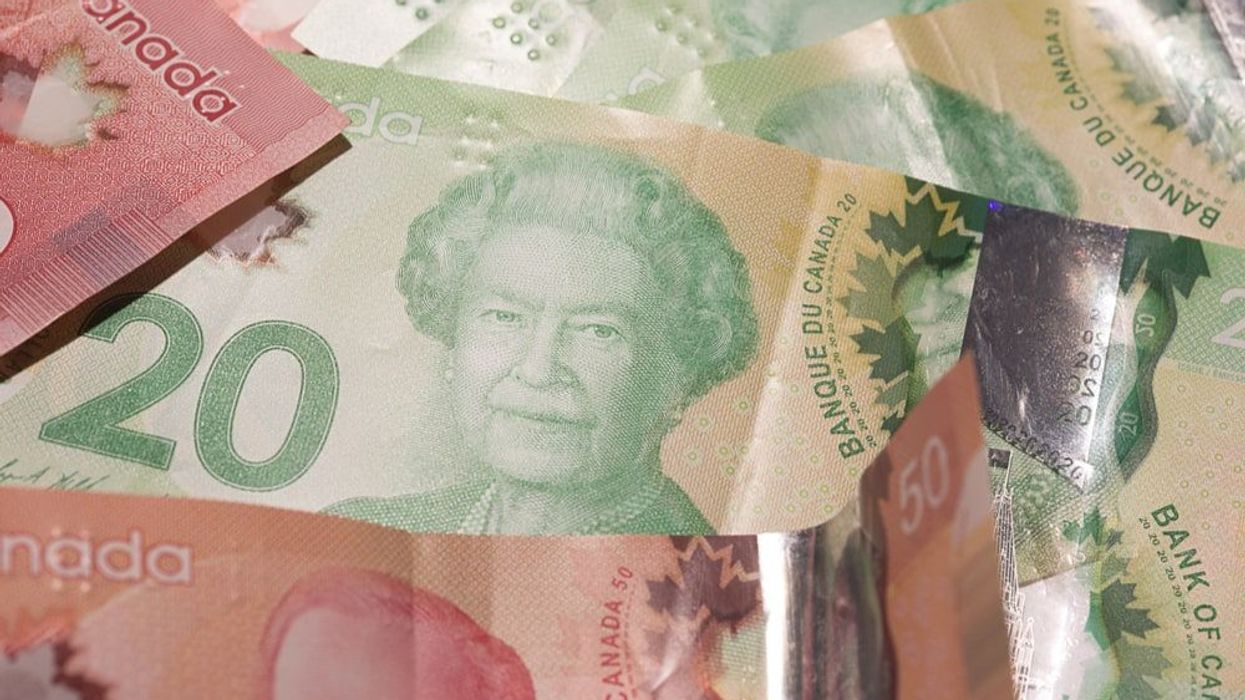Amid rising mortgage costs and soaring food prices, Canada's annual inflation rate slowed in January.
According to Statistics Canada's latest Consumer Price Index, the country's annual inflation rate slowed to 5.9% last month, down from 6.3% in December.
The slower pace of growth in headline CPI was due to a base-year effect, StatCan said, which refers to the impact that price movements from a year ago have on the current month's calculation.
In the first half of 2022, Canadian consumers experienced a "significant" increase in prices as the global economy felt the effect of the Russian invasion of Ukraine. As we move further away from these price increases and they are not longer included in the monthly calculations, the annual rate of inflation is expected to decline.
Doug Porter, Chief Economist at BMO, noted that January's reading came in below expectations, and marks the lowest yearly inflation level since February 2022. Despite the slowdown, inflation remains steadily above the Bank of Canada's 2% target.
Although gas prices rose 2.9% year-over-year in January, and were up 4.7% from December, a 7.9% annual decline in the cost of cellular services and an easing of passenger vehicle prices (up 6.2% annually versus December's 7.2%) kept inflation at bay.
Shelter prices also increased at a slower rate last month, rising 6.6% annually. However, higher interest rates pushed the mortgage interest cost index up 21.2% year over year, the largest increase since 1982.
Grocery prices proved unrelenting, rising 11.4% year over year in January to match a 40-year high. The increase was driven in part by a 7.3% yearly jump in the cost of meat, which was up from 6% in December. Annual acceleration was also seen in the cost of bakery products (15.5%), fresh vegetables (14.7%), and dairy products (12.4%).
Restaurant prices were up 8.2% year over year, which Porter notes is the fastest increase since the GST came into effect 32 years ago.
"Today's CPI represents a rare downside surprise in both headline and core inflation, clearly a big step in the right direction," Porter said.
This big step, Porter notes, means that the rate hike pause the Bank of Canada (BoC) voiced its intention to implement will likely be a bit more appealing.
"Overall, this milder report will provide the BoC with some comfort on their decision to move to a conditional pause, acting as a strong antidote to the run of robust growth figures seen in recent weeks."
Prior to StatCan's January CPI release, Porter cautioned that there were "high odds" of another interest rate hike in 2023.





















